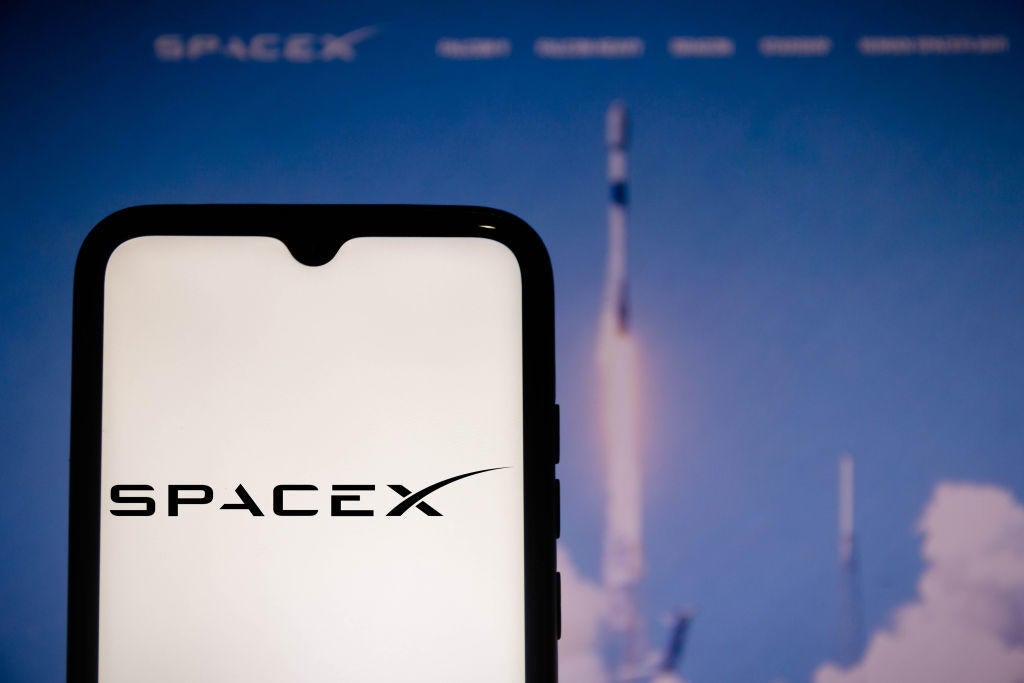A rocket launched some seven years ago by Elon Musk’s SpaceX is on a collision course with the moon. According to Bill Gray, creator of Project Pluto—a site that tracks near-Earth objects—the rocket is expected to crash near the lunar equator at some point on March 4. While the crashing of the rocket is “not a big deal” according to astronomers and poses no big threat to life, it will mark the first time “space junk” from the United States crashed into the lunar surface.
Videos by ComicBook.com
“For those asking: yes, an old Falcon 9 second stage left in high orbit in 2015 is going to hit the moon on March 4. It’s interesting, but not a big deal,” Harvard astronomer Jonathan McDowell tweeted Wednesday, adding that “things left in cislunar orbit [orbits between the Earth and Moon] are unstable—will eventually either hit the Moon or the Earth or get perturbed to solar orbit.”
The rocket was first launched in 2015 from Cape Canaveral and was part of a mission taking satellites to space.
“This is the first unintentional case of which I am aware. I keep track of a dozen or so objects in “high”, near-moon orbits, mostly so that the folks looking for asteroids will know where they are (and can ignore them; they’re looking for rocks, not junk.) In theory, given enough time, such objects will either hit the earth, or the moon, or gain energy by passing the moon and be ejected into orbit around the sun,” Gray wrote on his website.
He added, “In each case, I am rooting for a lunar impact. We already know what happens when junk hits the earth; there’s not much to learn from that (though junk hitting the earth can be of some scientific interest.) In 2009, a rocket booster was deliberately impacted into the moon in hopes of learning something from the ejecta. In essence, this is a “free” LCROSS… except we probably won’t see the impact (it’s on the far side of the moon) and it’s not in a particularly interesting area; LCROSS was targeted at the south pole, where ice might remain in shadowed craters.”
Since the event is largely taking place on the moon’s dark side, it will not be observable from Earth.
Cover photo by Rafael Henrique/SOPA Images/LightRocket via Getty Images









